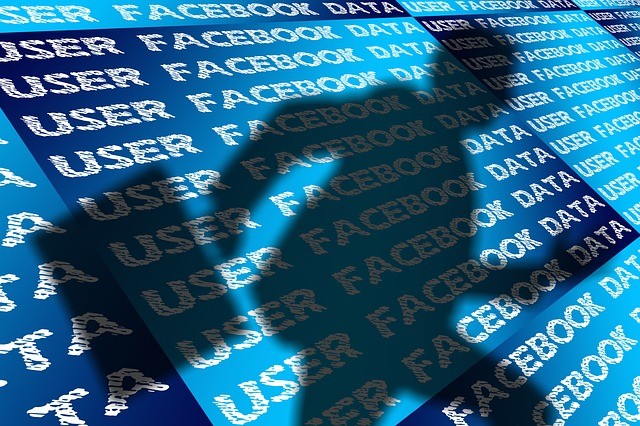Facebook’s Cambridge Analytica scandal is a kerfuffle of epic proportions. In just a few weeks, the company has lost over $100 billion in market value, and thousands of people have begun calling on each other to delete their accounts.
Initially, Facebook CEO Mark Zuckerberg was criticized for his silence. He has since released a detailed Facebook post and held interviews with several major news outlets, but do his statements amount to a mature and appropriate apology? Has he said what needs to be said? Here are some of Mark Zuckerberg’s most important comments since the data scandal broke:
“We have a responsibility to protect your data, and if we can’t then we don’t deserve to serve you.” – Mark Zuckerberg on Facebook
Zuckerberg acknowledged the concerns people have regarding the Cambridge Analytica controversy. However, critics have pointed out that his post falls short of ever truly apologizing for the data usage (though he fixed this mistake in his interviews, some have still taken issue with his wording – in one case, for example, he is “sorry that this happened.”). It also goes to great lengths to pass the blame onto Aleksandr Kogan – the researcher who gathered the data – and Cambridge Analytica – the firm that used it. Many people agree that his post doesn’t do enough to acknowledge Facebook’s complicity in the data abuses.
“We’re also investigating every single app that had access to large amounts of data before we fixed this. We expect there are others.” – Mark Zuckerberg in a newspaper ad
This quote, and the full-page newspaper ad it appeared in, outlines some of the steps that Facebook will take to strengthen its privacy controls and restore users’ trust, and that’s a good thing. However, it also reveals what is either gross incompetence or an outright lie on Facebook’s part. Many believe there is no way that Facebook’s executives couldn’t have known how much data apps on their platform had access to, and that they will be purging developers for behavior that they once either openly or tacitly approved of.
“What we try to do is send the person at Facebook who will have the most knowledge about what Congress is trying to learn.” – Mark Zuckerberg during a CNN interview
When it became clear that the US and British governments would get involved in the Cambridge Analytica investigation, Mark Zuckerberg initially seemed reluctant to testify before governing bodies in either country. He held that his most experienced senior employees should testify, which some likened to throwing his employees under the bus. In the case of the US Congress, he has since buckled to pressure and agreed to testify in person. However, he has refused an explicit request by the UK, instead offering a choice of several other senior Facebook deputies. The chair of the committee responsible for investigating the matter, MP Damian Collins, called Zuckerberg’s refusal “absolutely astonishing.” Is this a failure of leadership or a reasonable and practical decision?
When one digs into the past, there are some other comments that may shed some light on the current scandal:
“I don’t know why. They ‘trust me.’ Dumb f***s.” – Mark Zuckerberg in 2004 at the age of 19 to a friend
These three short and damning sentences were sent to an unnamed friend in 2004 when Zuckerberg was asked how he had gotten roughly 1,000 people to send him their personal data. He had recently launched the first version of “The Facebook,” taking his first steps towards creating a massive data-driven communication and advertisement platform used by billions of people. Can it be explained away as a rash and adolescent joke? Certainly. However, some critics suspect that his feelings towards users and their privacy may not have changed much since those initial days.
“People have really gotten comfortable not only sharing more information and different kinds, but more openly and with more people. That social norm is just something that has evolved over time.” – Mark Zuckerberg in 2010 at the Crunchie tech awards
Mark Zuckerberg has gone on the record suggesting that privacy is no longer as important as it used to be and that it was Facebook’s role to follow and adjust to those norms. Now, when it has been revealed that Facebook failed (in a huge way) to protect users’ privacy, critics are wondering whether these past comments of his might’ve augured the data privacy predicament we find ourselves in today.
It is important to know how to stop sharing information with third-party apps on Facebook. Any Facebook user should be safe while socialising on the biggest social media network.

